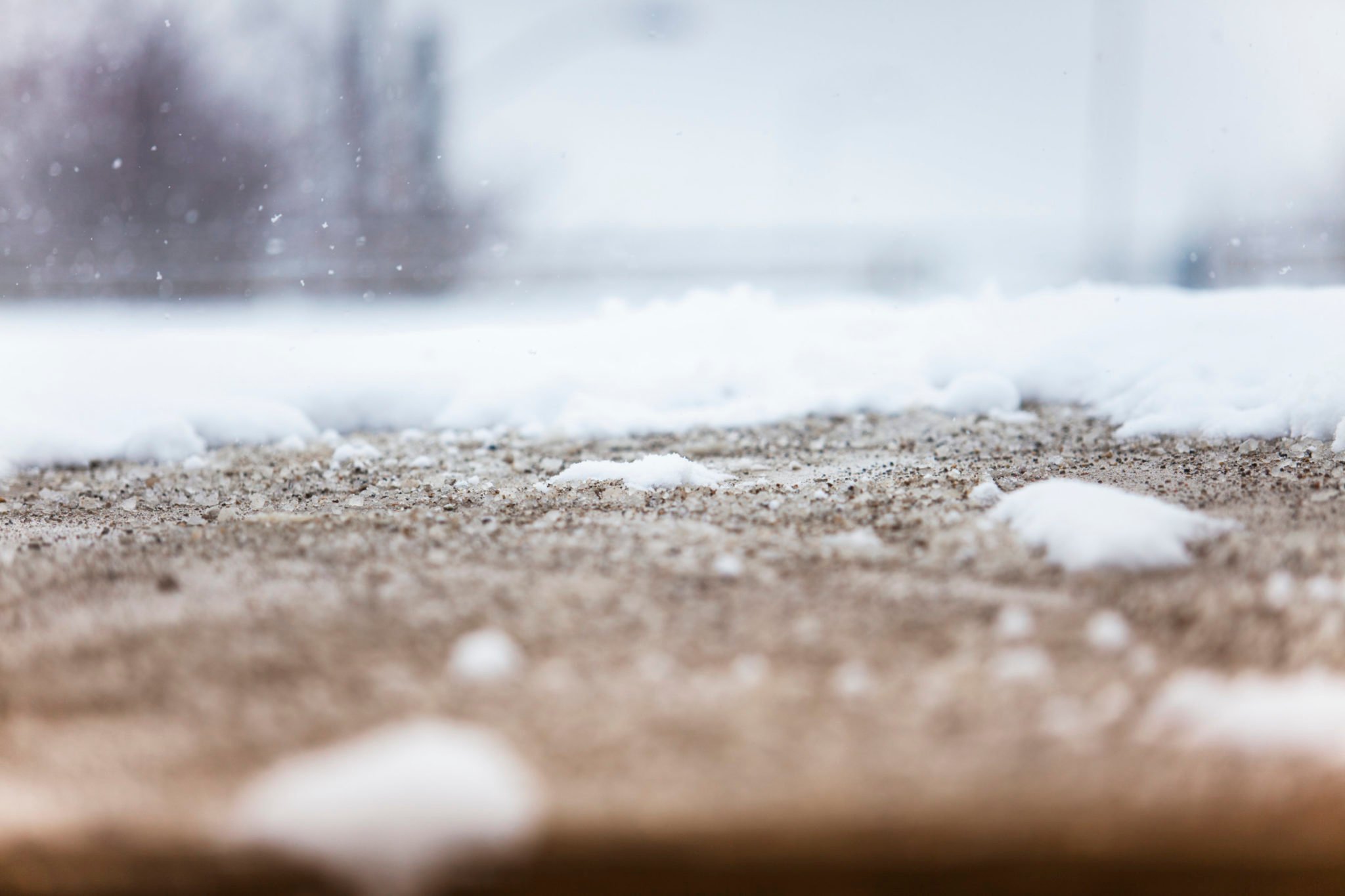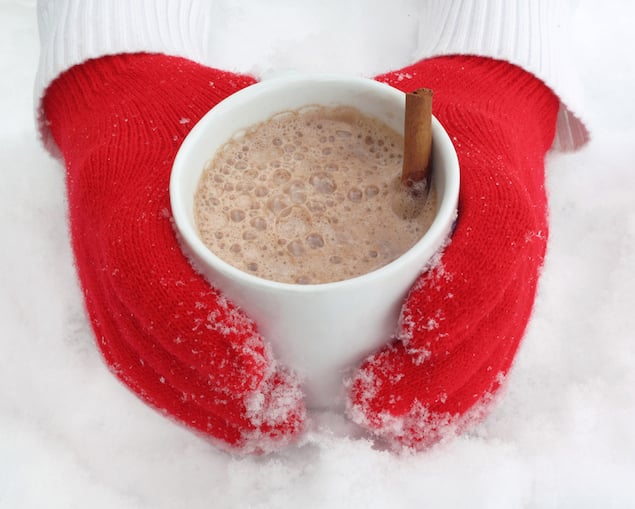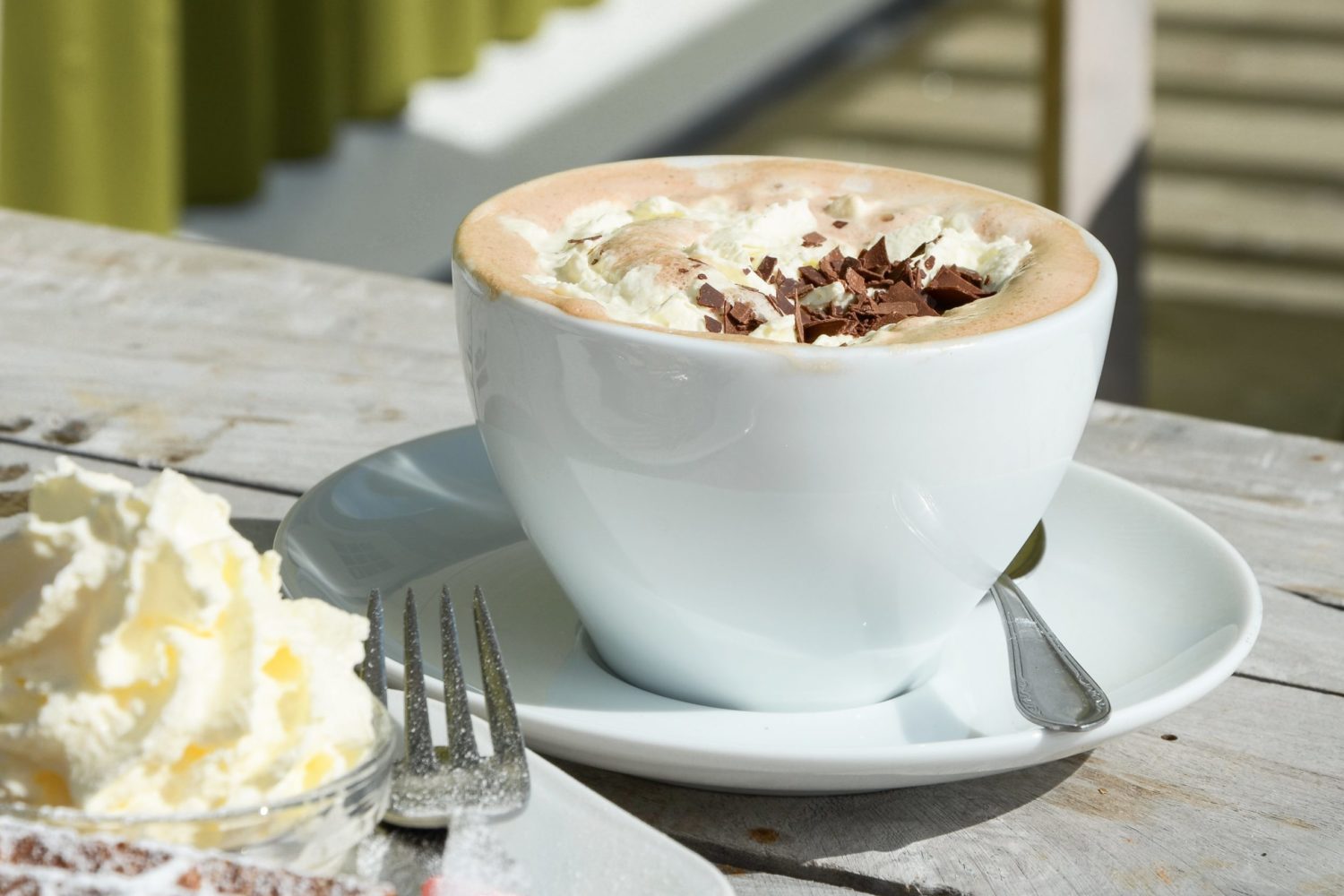Snow might finally be on its way to the District tonight, and the city deployed a “hot mix” to keep the roads from getting too icy.
Temperatures are expected to dip below freezing Tuesday night and early Wednesday morning, and overnight wind chills could bottom out in the high 20s. On Monday night, city government snow teams sprayed a solution across roadways in advance of the predicted precipitation.
So what is “hot mix”?
It’s a concoction of beet juice and brine that can lower the freezing point of water to below 0 degrees Fahrenheit. Although temperatures aren’t going to fall that low tonight, it could be crucial to keeping roads from icing over if it got especially frigid.
Its roots go back to 1990s Hungary, where a scientist working in a sugar beet processing plant recognized that runoff from the factory kept a nearby pond wet while another froze over.
Why not just use salt?
Rock salt sounds like a more familiar deicing agent, but can only prevent freezing at temperatures down to 15 degrees Fahrenheit. It could also harm wildlife if too much runs off into nearby vegetation or freshwater habitat.
Hot mix’s lower salt concentration works in tandem with beet sugars to create a colder freezing point and stickier consistency, which bonds salt from the brine to the road for maximum effect.
Who else is using it?
This won’t be our first “hot mix” winter and DC isn’t the only one that uses a beet and brine solution. Cities from Kansas to Colorado have turned to the root vegetable, as are Canadians to the north.
Will it stain?
Beets are well-known for their bright red hue, which does have the potential to stick around momentarily in some places. That’s led some places opt for white beets to avoid any chance of color.
Won’t it smell?
Beets and brine do come with an odor. Some liken it to caramel or Tootsie rolls, while others have drawn comparisons to stale coffee. But even the biggest borscht fans are going to want to pass on a taste once it hits asphalt.


















